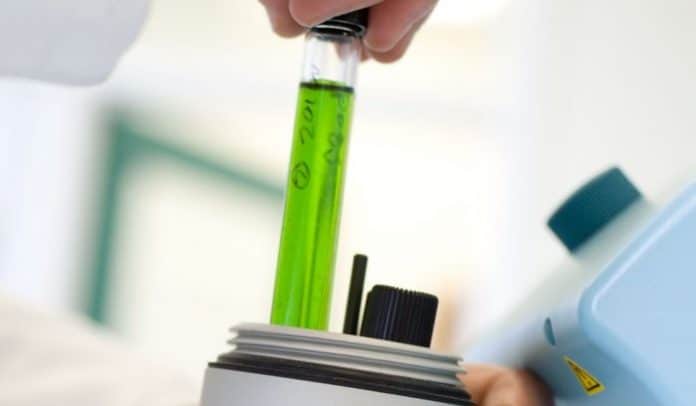The U.S. Food and Drug Administration has approved a UK company’s cannabis-based medicine for the treatment of seizures associated with Lennox-Gastaut syndrome and Dravet syndrome.
It’s not only the first cannabis-derived medicine to be approved by the FDA, but also the first approval for a drug designed to treat Dravet Syndrome, a condition accompanied by hyperactivity, impulsiveness, autistic type behaviours and other developmental disorders as well as seizures.
The medicine approved was Epidiolex, which is based on cannabidiol (CBD), a non-intoxicating cannabinoid that can be extracted from industrial hemp as well as medicinal cannabis.
“This approval serves as a reminder that advancing sound development programs that properly evaluate active ingredients contained in marijuana can lead to important medical therapies. And, the FDA is committed to this kind of careful scientific research and drug development,” said FDA Commissioner Scott Gottlieb, M.D.
It’s been a long road for GW Pharmaceuticals, the manufacturers of Epidiolex – the company had reported positive results on its medication more than two years ago, but such is the nature of the FDA approval process.
GW Pharmaceuticals certainly put in the hard yards from a regulatory point of view – Epidiolex’s effectiveness was studied in three randomized, double-blind, placebo-controlled clinical trials involving 516 patients who were suffering either Lennox-Gastaut syndrome or Dravet syndrome.
The FDA’s decision will give renewed hope to the makers of other CBD products that they may be able to get theirs over the line for these and other conditions.
“Today’s approval of epidiolex is a historic milestone, offering patients and their families the first and only FDA-approved CBD medicine to treat two severe, childhood-onset epilepsies,” said Justin Gover, GW’s Chief Executive Officer.
Unfortunately, Epidiolex won’t be cheap.
Back in 2016, the New York Times reported analysts expect Epidiolex to cost $2,500 to $5,000 a month. However, given the FDA approval, it may be covered by insurance. Still, it will be out of reach of many families.
The FDA says under the Controlled Substances Act (CSA), CBD is currently a Schedule 1 substance because it is a chemical component of cannabis. That assessment is hotly debated and the FDA’s approval also challenges this as Schedule 1 is for drugs that have “no currently accepted medical use and a high potential for abuse.” The latter also doesn’t apply according to the World Health Organization’s (WHO) Expert Committee on Drug Dependence (ECDD).
The dust may soon finally settle on this issue – in April, a bill for the Hemp Farming Act of 2018 was introduced in the USA, part of which seeks to strike industrial hemp from Schedule I of the Controlled Substances Act. In doing so, it would also remove hemp-derived CBD from Schedule 1.
With that done, GW Pharmaceuticals could see a lot of competition from approved and non-approved products, very quickly.


